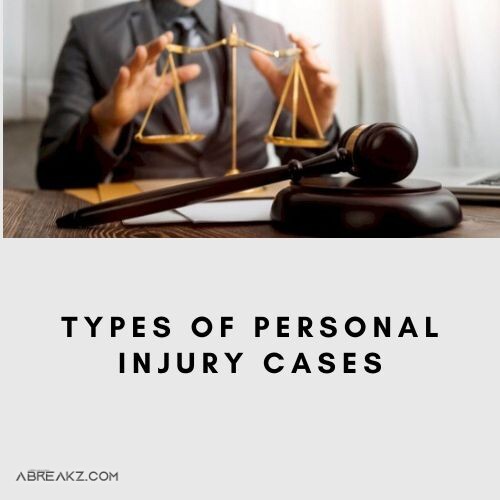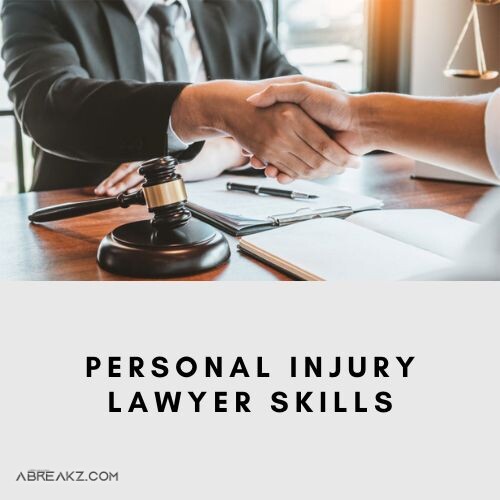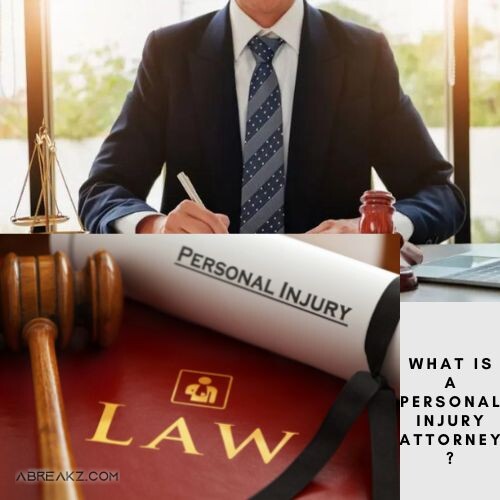If you find yourself on either side of a personal injury lawsuit (as the plaintiff or the defendant), there are a number of ways to pay for an attorney's services.
A personal injury attorney, also known as a plaintiff's attorney or trial attorney, is a type of civil litigation that provides legal representation to plaintiffs who allege physical or psychological injuries as a result of the negligent or negligent actions of another person, entity, or organization.
Personal injury attorneys specialize in an area of law known as tort law that involves private or civil wrongs or injuries, including defamation and actions for bad faith breach of contract.
The main goal of tort law is to make the aggrieved party perfect and to discourage others from committing the same crime.
Personal injury attorneys assist plaintiffs in obtaining compensation for their losses, including loss of ability to return (due to inability to work), pain and suffering, reasonable medical expenses (whether current or projected), emotional distress, loss of consortium or companionship, costs Legal and attorney fees. Personal injury lawyers also work to protect clients from falling victim to insurance companies and the legal system.

Types Of Personal Injury Cases
Any situation or lawsuit involving injury to the body or mind falls under the umbrella of personal injury law.
Some of the most common types of cases that a personal injury attorney handles are:
- animal bite injuries
- Car accidents
- aviation accidents
- bicycle accidents
- boat accidents
- brain injury
- burn injuries
- construction accidents
- defective products
- Insurance / Bad Faith
- medical malpractice
- Motorcycle accidents
- house assault house
- pedestrian accidents
- Slip and fall accidents
- Spinal cord injuries
- wrongful killing
What Does A Personal Injury Lawyer Do?
Personal injury attorneys handle the case from the start through appeals and carry out tasks similar to most litigants.
Typical tasks include investigation of claims; Examination of potential clients and evaluation of the merits of their case; collection of evidence; formulation of legal theories; Research case law; Drafting pleadings, motions and discoveries; conducting interviews and depositing witnesses; Preparing for the trial. call at trial; and advise clients.
Personal injury lawyers often reconcile a large number of cases, tight deadlines and demanding clients. However, many attorneys find that the most rewarding aspect of personal injury practice is helping injured victims and their families seek justice through the legal system.
Because many personal injury claims are so complex, personal injury attorneys may specialize in certain types of cases. For example, personal injury attorneys who deal with medical malpractice may specialize in breaching deliveries; Personal injury attorneys who routinely plead in motor vehicle accidents may specialize in ATV rollover accidents.
Education

Personal Injury Lawyer Skills
Personal injury lawyers usually possess certain legal skills.
The most successful personal injury attorneys excel in oral advocacy, negotiation, client development, and developing specialized knowledge in the field of personal injury law.
Personal Injury Lawyer Salaries
Personal injury lawyers are among the highest paid professionals on the planet. The most successful attorneys earn seven-figure salaries although most plaintiffs' attorneys earn between $30,000 and $300,000, depending on the size and location of the operation.
Complaints attorneys who draw fees at the higher end of the spectrum usually deal with class action lawsuits or high-dollar personal injury cases. In addition, punitive damages—damages designed to punish the defendant and deter bad behavior—can raise sentencing amounts in the millions of dollars, adding cash to the attorney's wallet.
Personal injury attorneys typically represent clients on an emergency basis, where the attorney's fee is a percentage (30% - 40%) of the plaintiff's eventual compensation, paid when the case is resolved. This arrangement means that the plaintiff does not pay a fee unless the attorney recovers the money on his or her behalf.
Employment Outlook
Since litigation is on the rise and is the bread and butter of many law firms, the employment outlook for personal injury attorneys is excellent.
An uncertain economy, stricter regulation, and company growth have outpaced the reasons cited for expected increases in litigation in a recent study on litigation trends. However, tort reform—proposed changes to common law civil justice systems that would reduce litigation for litigation and reparations—could reduce the number of claims made and the number of damages recoverable by future plaintiffs' attorneys.







































